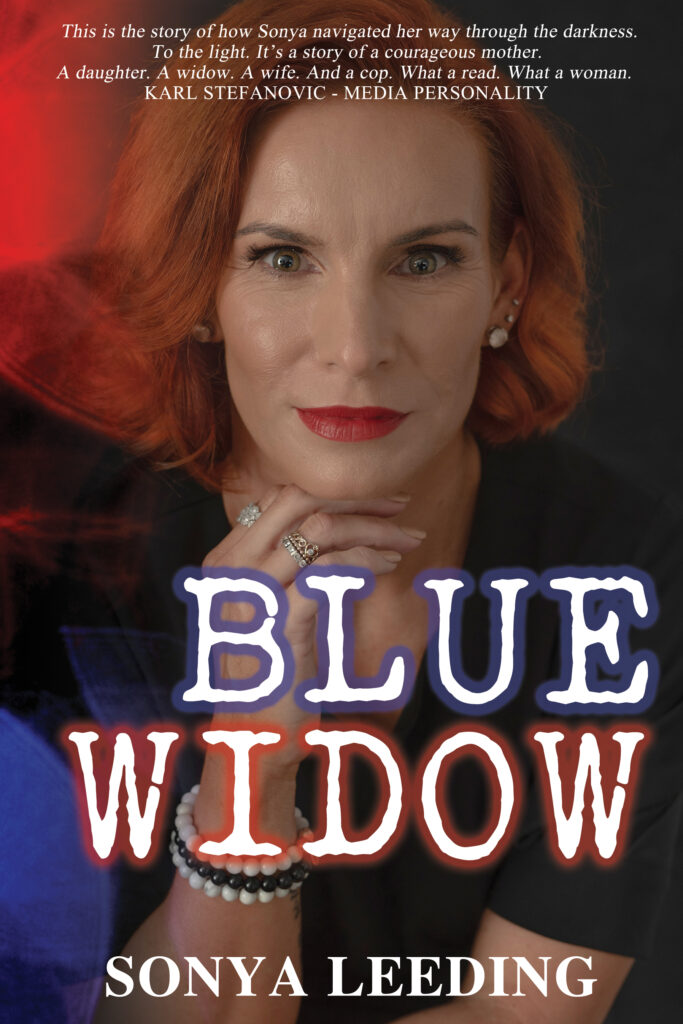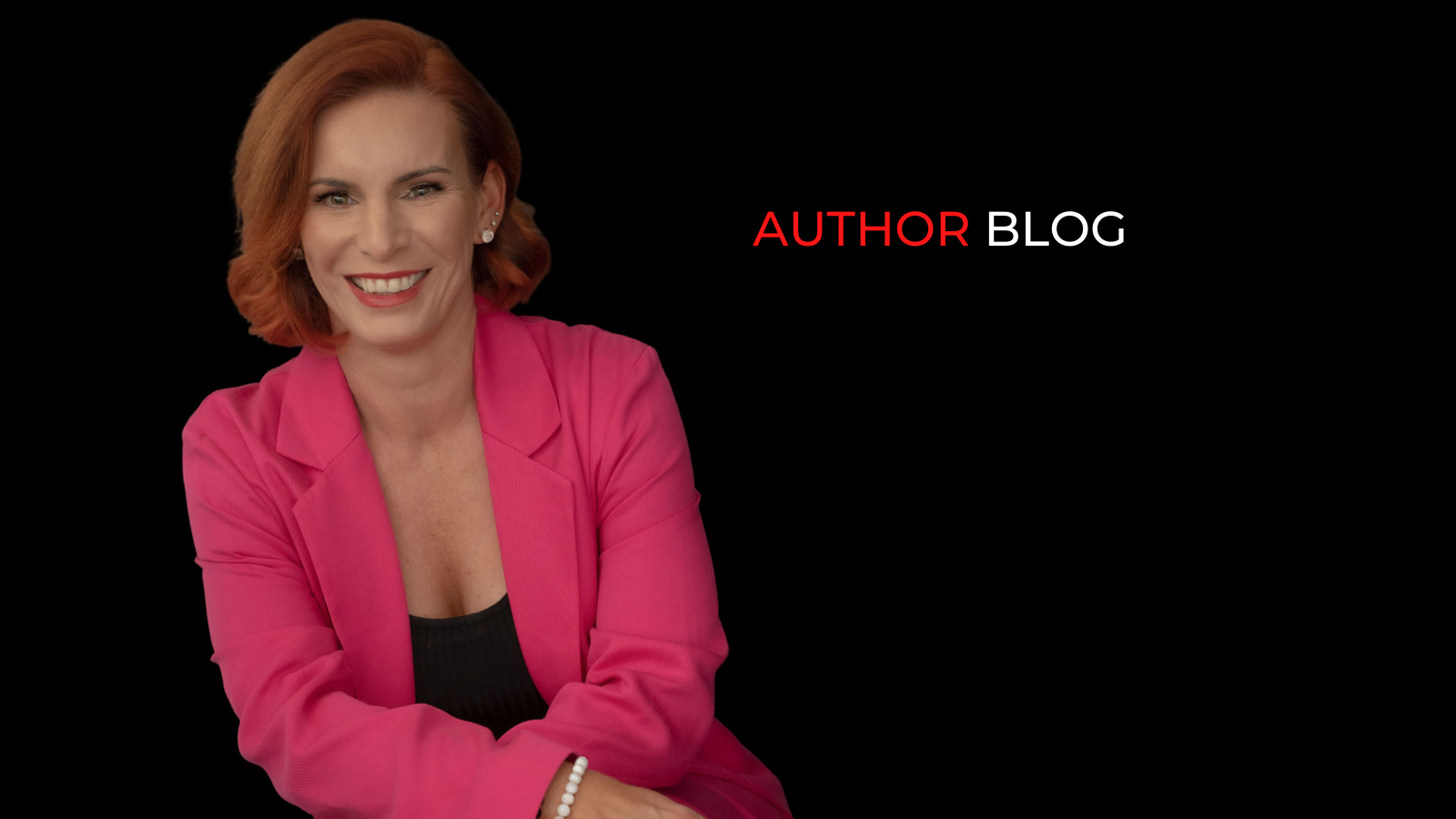From the little girl who arrived from New Zealand in 1987, being put in an English class where I had little understanding of the Australian curriculum in writing and literacy to becoming a published author, are poles apart. Despite my limited ability as a young writer, writing has been something that I have always loved, from making up stories about my dolls to creating children’s books with the kids whom I used to babysit as a teenager, writing has always been part of me as a means of escape and freedom.
In year 11, my English teacher made it clear that I was not a stellar writer. However, he did give me the tutelage to improve. Eventually, I was able to string together a decent sentence or two to excel at the subject. At home I would journal, hoping to one day be the next Judy Bloom and as I did, I made up euphemisms for everything that was occurring in my life, from my latest crush to my hormonal periods, and all that fell in between. My journals became my creative outlet as my writing slowly improved. Perhaps the journals fed my creative side and allowed me to just write without anyone telling me I couldn’t.

Eventually, this improved writing was enough to see me through two university degrees during which I became a slave to the Harvard referencing system. Boy, was I a stickler to all those referencing rules. I had mastered how to mimic what I thought my lecturers wanted to read, and perhaps that work back in English class finally came to fruition. It was a simple formula following the rules and saw my research and assignment writing go from strength to strength.
Move forward to 2003, and writing as a police officer was a whole other genre. Used throughout my career to prepare court briefs and statements, my logical mind was satisfied with regurgitating a chronological recall of events committed by the latest criminal I arrested. Everything was based on facts and evidence. There was no deviating, there was no creativity, it was all very exact, much like assignment writing.
However, my writing was never so important when, on 29 May 2011, my life changed forever. I lost my soulmate and started losing my mind. My husband Damian’s death at the hands of an armed robber was one of the biggest crime stories that the Gold Coast had ever read.
What started as mere journal entries to expunge some of my feelings of dread and loneliness became a scene-by-scene dictation of what occurred. Eventually, after 10 years of piecing my life back together one word at a time as a biography, I wondered what my story’s purpose was and whether it was worth having it published. I eventually entered a manuscript competition and won a traditional publishing contract with a small independent publisher.
The biggest validation of telling my story was that someone, who did not know me, also thought that it was worth telling. Writing has given me a certain freedom, a certain ownership, and a certain power.
More info here.
